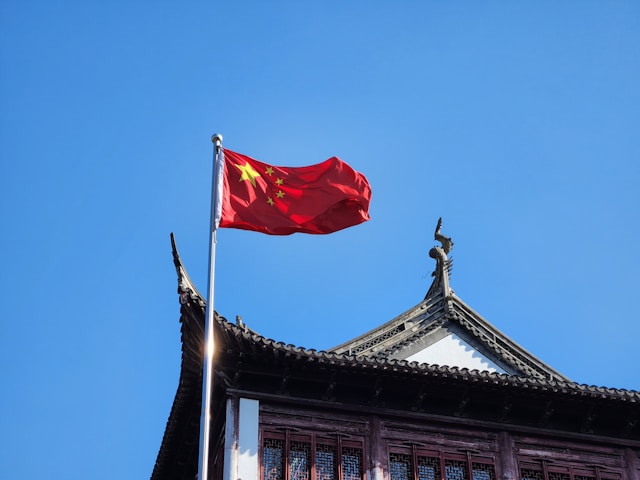
On 26 Mar. 2025, China’s Supreme People’s Court (SPC) released the “Notice on Procedural Matters for Civil Cases Involving Foreign State Immunity” (hereinafter the “Notice”, 关于涉外国国家豁免民事案件相关程序事项的通知), which provides unified guidance for Chinese courts in applying the Foreign State Immunity Law and adjudicating cases involving foreign state immunity.
The Foreign State Immunity Law, which took effect on 1 Jan. 2024, is an important legislative step reflecting China’s adaptation to the evolving diplomatic landscape. The Law signifies China’s shift from absolute immunity to restrictive immunity with respect to foreign state immunity.
The Notice outlines eight procedural provisions addressing key aspects of foreign state immunity, such as case acceptance, centralized jurisdiction, service of process, review of jurisdictional immunity claims, and the acquisition of certification documents from the Ministry of Foreign Affairs.
Chinese courts will adopt a centralized jurisdiction mechanism for these major and novel types of foreign-related civil cases involving foreign state immunity. Intermediate people’s courts with jurisdiction over foreign-related civil and commercial cases in the provincial capital cities will be designated to handle such cases.
At the acceptance stage, if the plaintiff names a foreign state as either a defendant or a third party, they must specify the legal basis and applicable exceptions in the complaint. Courts are obligated to provide clarifications, and if the plaintiff fails to provide the required basis, the case will not be accepted.
Regarding procedural reviews, courts are required to examine ex officio whether the immunity claim of the foreign state concerned is valid. A foreign state’s participation in jurisdictional challenge proceedings does not constitute consent to jurisdiction.
Photo by Dominic Kurniawan Suryaputra on Unsplash
Contributors: CJO Staff Contributors Team





